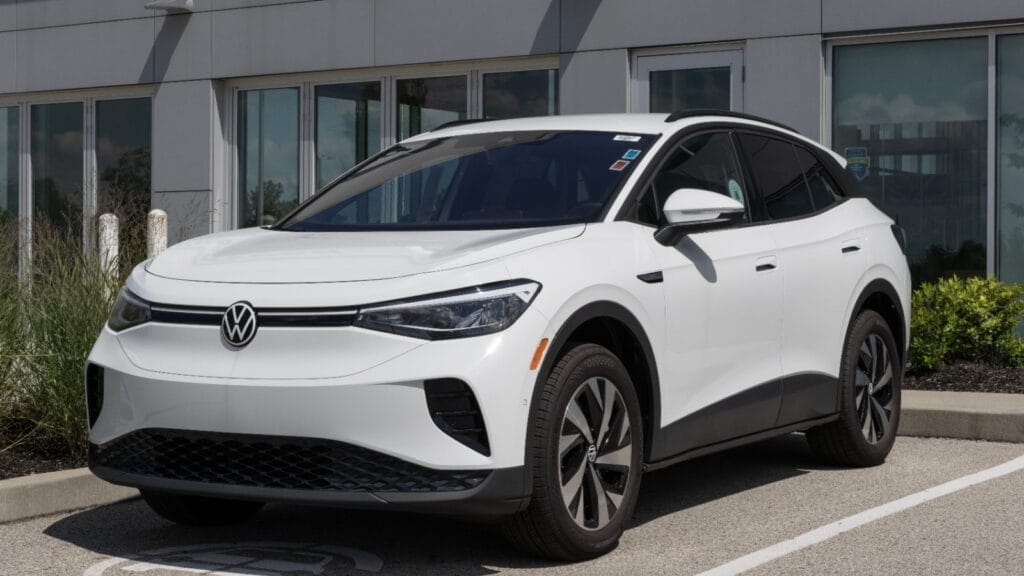For generations, cars carried names that people remembered. Mustang, Charger, Beetle, Golf, names that evoked images of freedom, power, and personality. They were stuck in the culture, passed from parent to child, and became part of automotive history. But over the past two decades, many automakers abandoned that approach, swapping evocative names for sterile combinations of letters and numbers. The result has been a lineup of cars that feel more like software patches than objects of desire. Buyers are noticing, and brands are beginning to admit their mistakes.
Volkswagen’s Identity Crisis
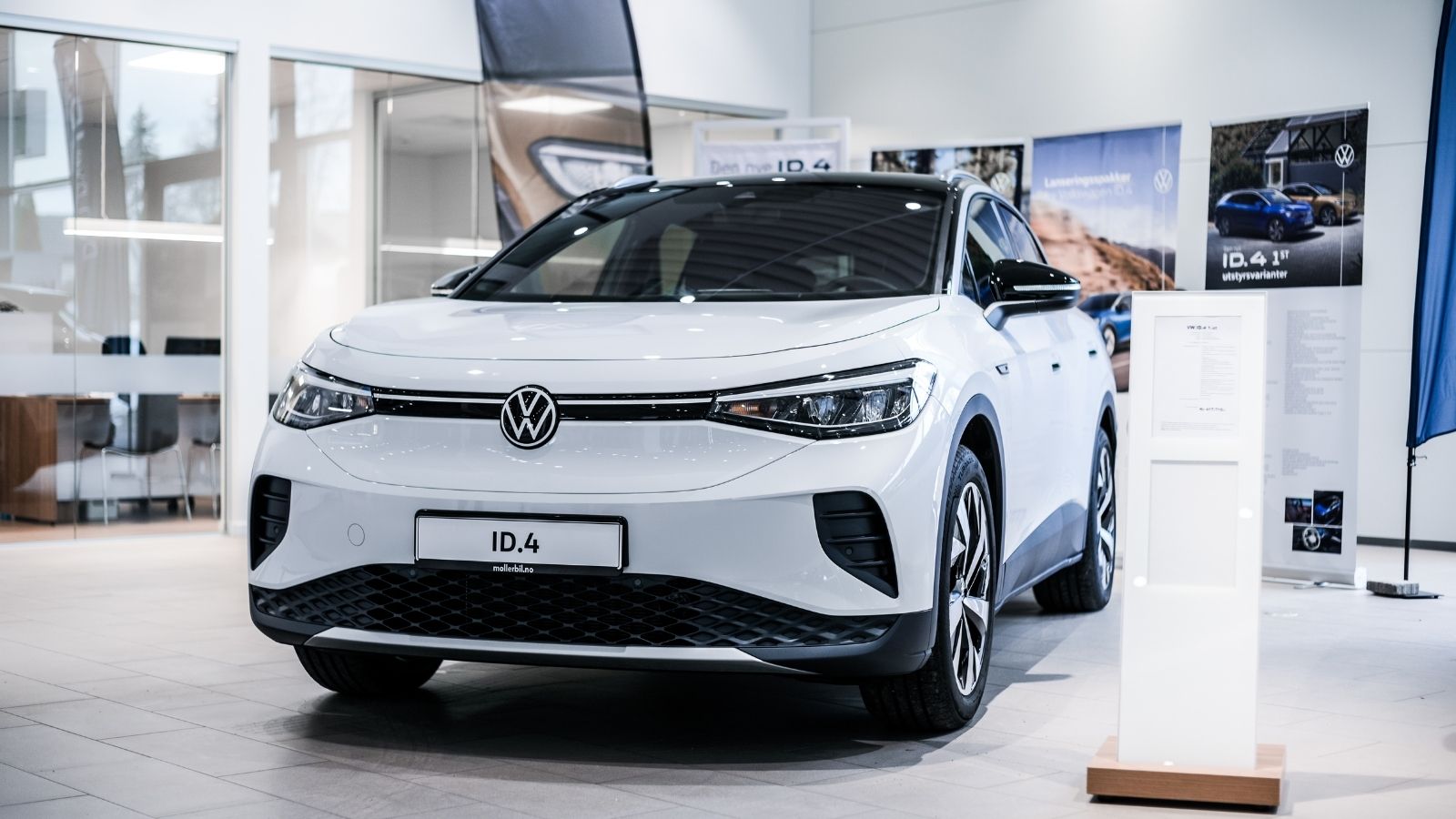
Volkswagen is one of the clearest examples of this problem. Its electric lineup is a string of alphanumeric labels: ID.3, ID.4, ID.7. They sound less like cars and more like versions of a video game console or a line of smartphones. The branding is clinical and stripped of emotion. Then you get names like ID.Buzz, ID.Every1, and ID.2all, which are even more confusing. The Buzz at least looks cool, drawing from the design heritage of the classic Microbus, but the name itself feels like an afterthought.
This is the part that frustrates enthusiasts. Volkswagen has some of the richest heritage in the business. It could have called the Buzz the Westfalia, immediately conjuring memories of its legendary camper vans. It could have tied the ID.3 to the beloved Golf lineage, making the transition to electric feel like a continuation rather than a reboot. Instead, the brand bet on the idea that buyers would embrace the futuristic, “techy” vibe of numeric codes. It didn’t work, and now Volkswagen has openly admitted it wants to return to real names.
Mazda’s Naming Shift
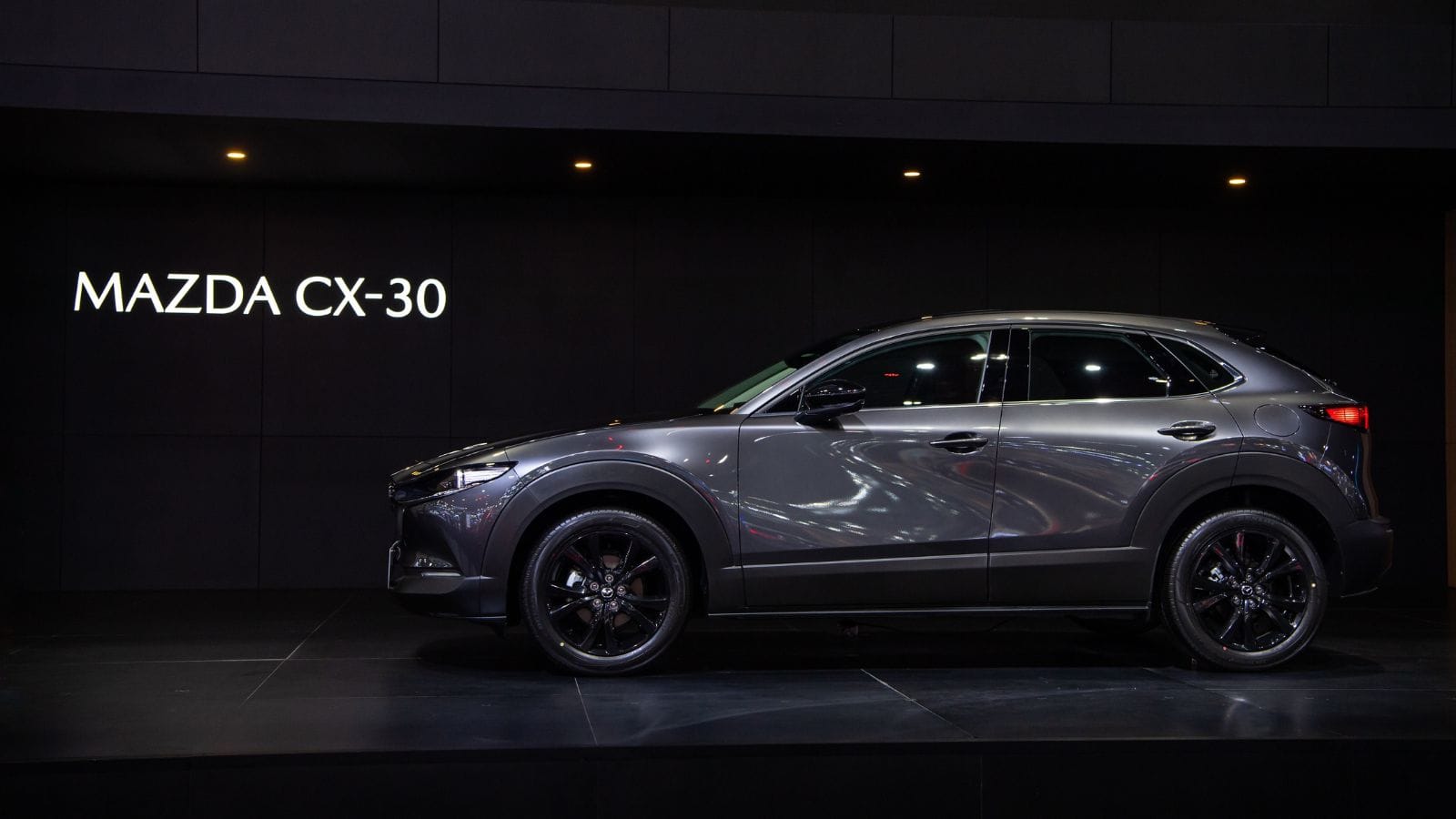
Mazda offers another case study in how numeric names miss the mark. For years, Mazda built a reputation on models with real names that carried weight. The Miata became a legend among enthusiasts. The RX-7 and RX-8 created cult followings thanks to their rotary engines. Even humble models like the Protegé and the Tribute had identities that buyers remembered.
But somewhere along the way, Mazda moved to a uniform numbering system: CX-3, CX-30, CX-5, CX-9 for crossovers, and Mazda3 or Mazda6 for sedans. It may have made sense internally—offering an orderly, global naming scheme—but it robbed the brand of individuality. Buyers frequently confuse models like the CX-30 and CX-3, despite them being completely different vehicles. And while the Mazda3 is a good compact car, the name itself carries no spark compared to rivals with names like Civic or Corolla.
Ironically, the one Mazda that still carries a proper name, the MX-5 Miata, remains its most iconic and recognizable model. That alone should tell Mazda that names carry weight in a way numbers never will.
Why Numbers Don’t Work

The problem with numeric names is simple: they are forgettable. Unless a brand has decades of prestige built into its alphanumeric system, as BMW does with the 3 Series or Mercedes with the E-Class, buyers struggle to keep track of what’s what. A Mustang or a Bronco immediately paints a picture in the mind. An ID.4 or CX-30 doesn’t. It requires explanation, and once a name requires explanation, it’s already lost its value.
Cars are emotional purchases. People like to tell friends they drive a Charger, a Mustang, or a Bronco. Telling someone you drive a CX-30 or ID.3 sounds like you are describing a printer. These numeric systems create distance between the buyer and the brand, when they should be fostering connection.
Why Automakers Did It

So why did carmakers chase these lifeless naming schemes? In part, it was about global consistency. A single naming convention made it easier to market cars across continents. It also carried a whiff of premium branding. Carmakers looked at BMW and Mercedes and decided that buyers equated numbers with luxury. But the strategy missed the point. BMW’s and Mercedes’ names work because they’ve been used consistently for decades, and buyers know what they stand for. For newer brands adopting numbers, the result feels cold and copycat.
The Pivot Back to Real Names
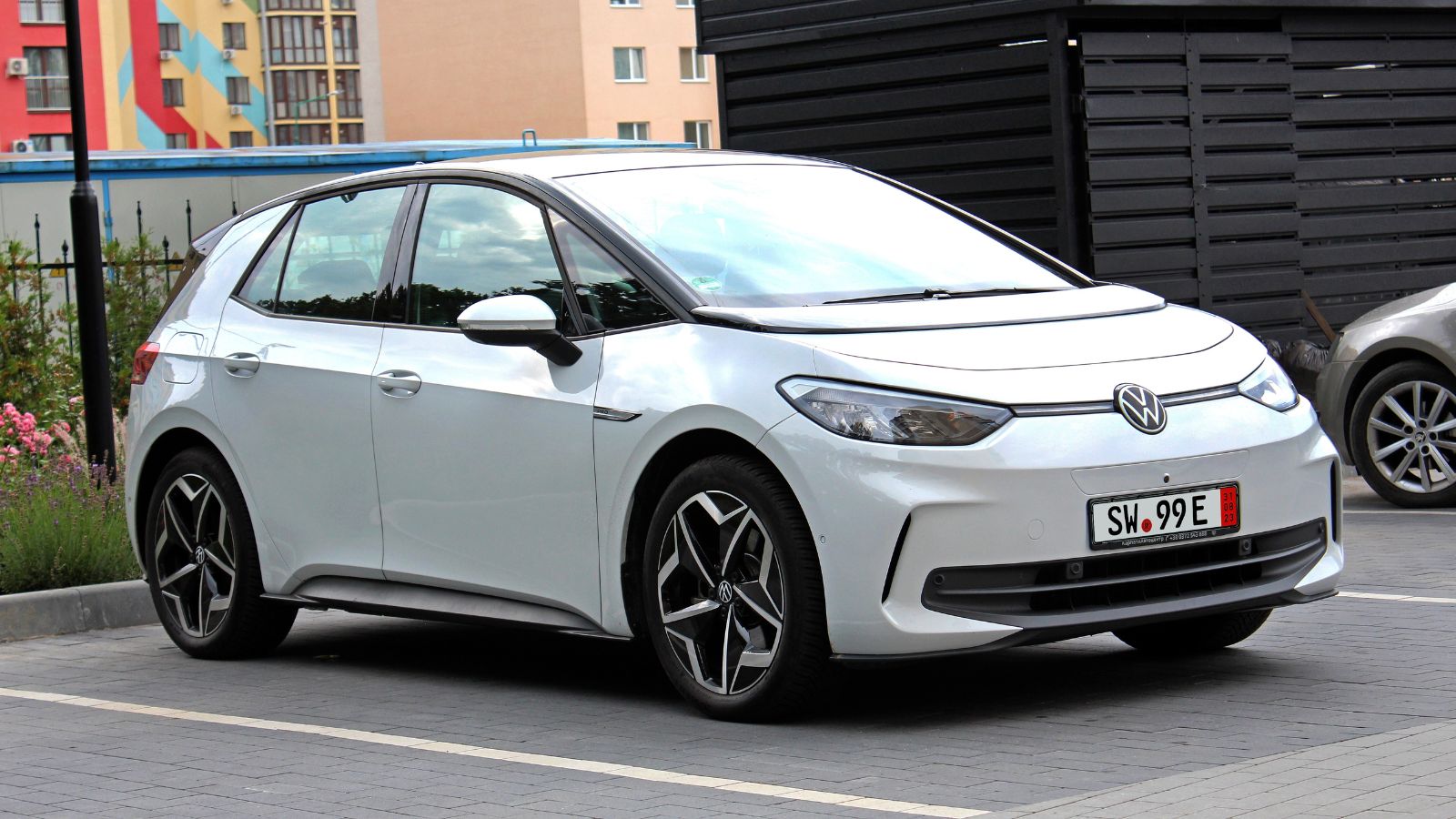
Now the pendulum is swinging back. Volkswagen is preparing to ditch its confusing ID system in favor of real names, starting with new EV models that will tie back to its heritage. Mazda has also signaled that future vehicles may return to more evocative naming, leaning on its sporty reputation and history. Other automakers are realizing the same thing: that real names create emotional bonds, drive loyalty, and make models easier to market.
Why Names Matter

Names are more than labels. They create identity, inspire loyalty, and become shorthand for an entire culture. The Ford Bronco comeback is proof. Buyers didn’t want a “Utility 7X” or “CUV 4.” They wanted a Bronco, and the revival was a hit because the name carried history. Volkswagen could do the same by dusting off Westfalia, Beetle, or even Golf for its EVs. Mazda could reignite enthusiasm by reviving RX or Protégé rather than CX-something.
Boring Numbers
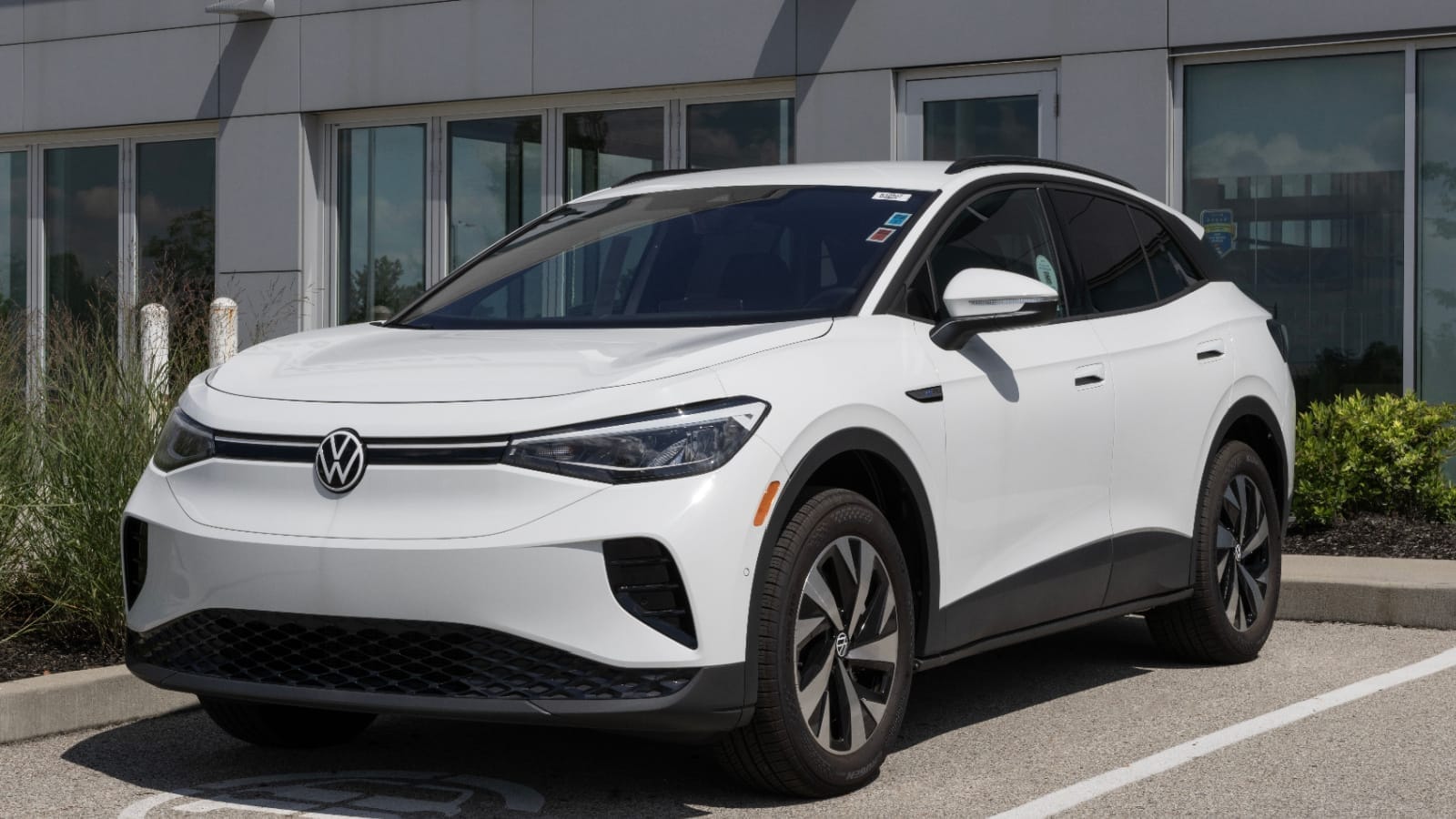
Cars are not appliances, no matter how much the EV era sometimes makes them look that way. They are cultural icons, personal statements, and emotional purchases. Numeric names might have been sold as modern, global, and premium, but the reality is that they are boring and forgettable. Volkswagen has learned that lesson, and Mazda is still wrestling with it. The future of car branding is not in sterile codes but in names that stir the imagination. Because at the end of the day, nobody brags about driving an ID.4 or CX-30. They brag about driving a Mustang, a Miata, or a Westfalia.
25 Facts About Car Loans That Most Drivers Don’t Realize

Car loans are one of the most common ways people fund car purchases. Like any other kind of loan, car loans can have certain features that can be regarded as an advantage or a disadvantage to the borrower. Understanding all essential facts about car loans and how they work to ensure that you get the best deal for your financial situation is essential. Here are 25 shocking facts about car loans that most drivers don’t realize:
25 Facts About Car Loans That Most Drivers Don’t Realize
